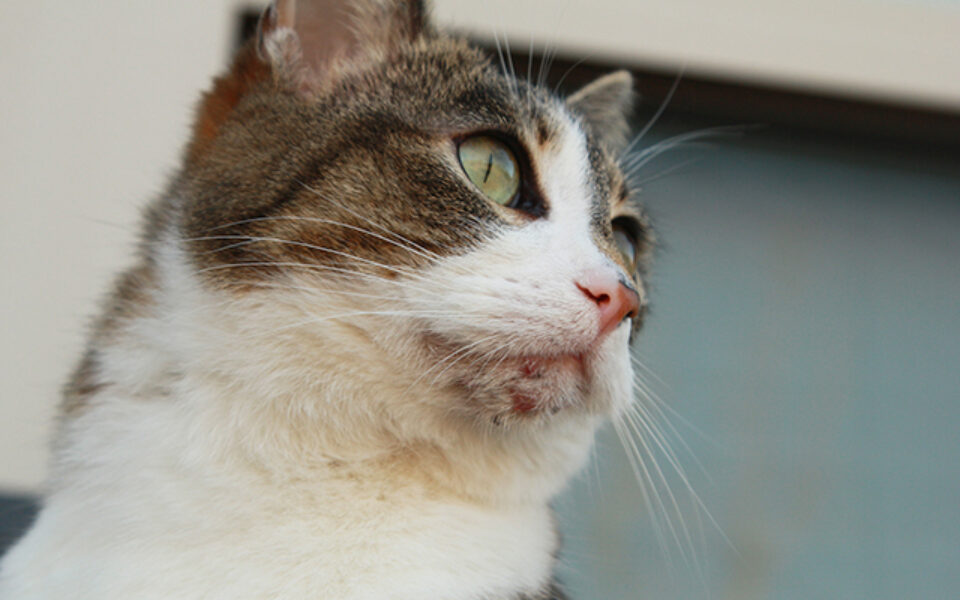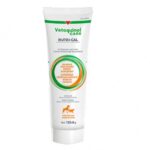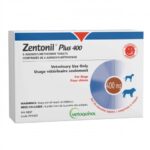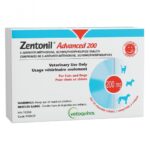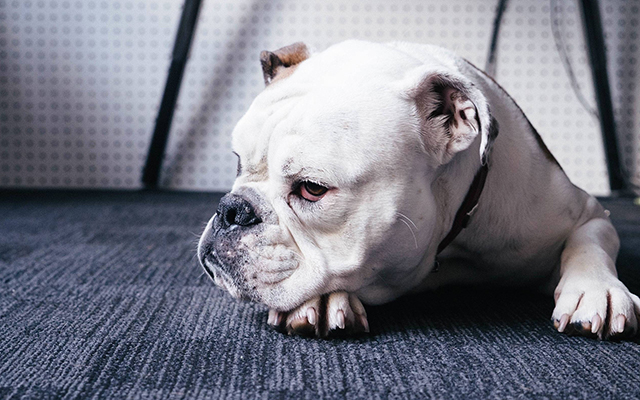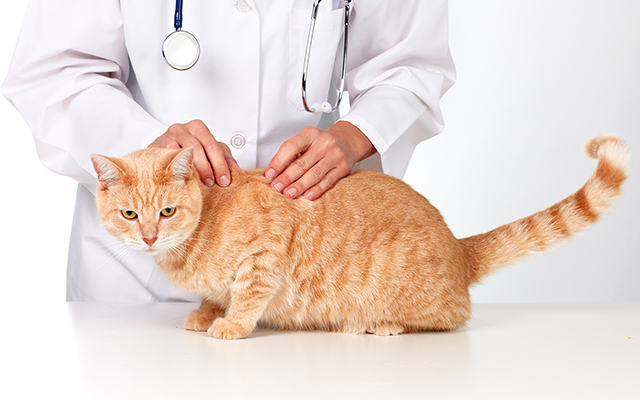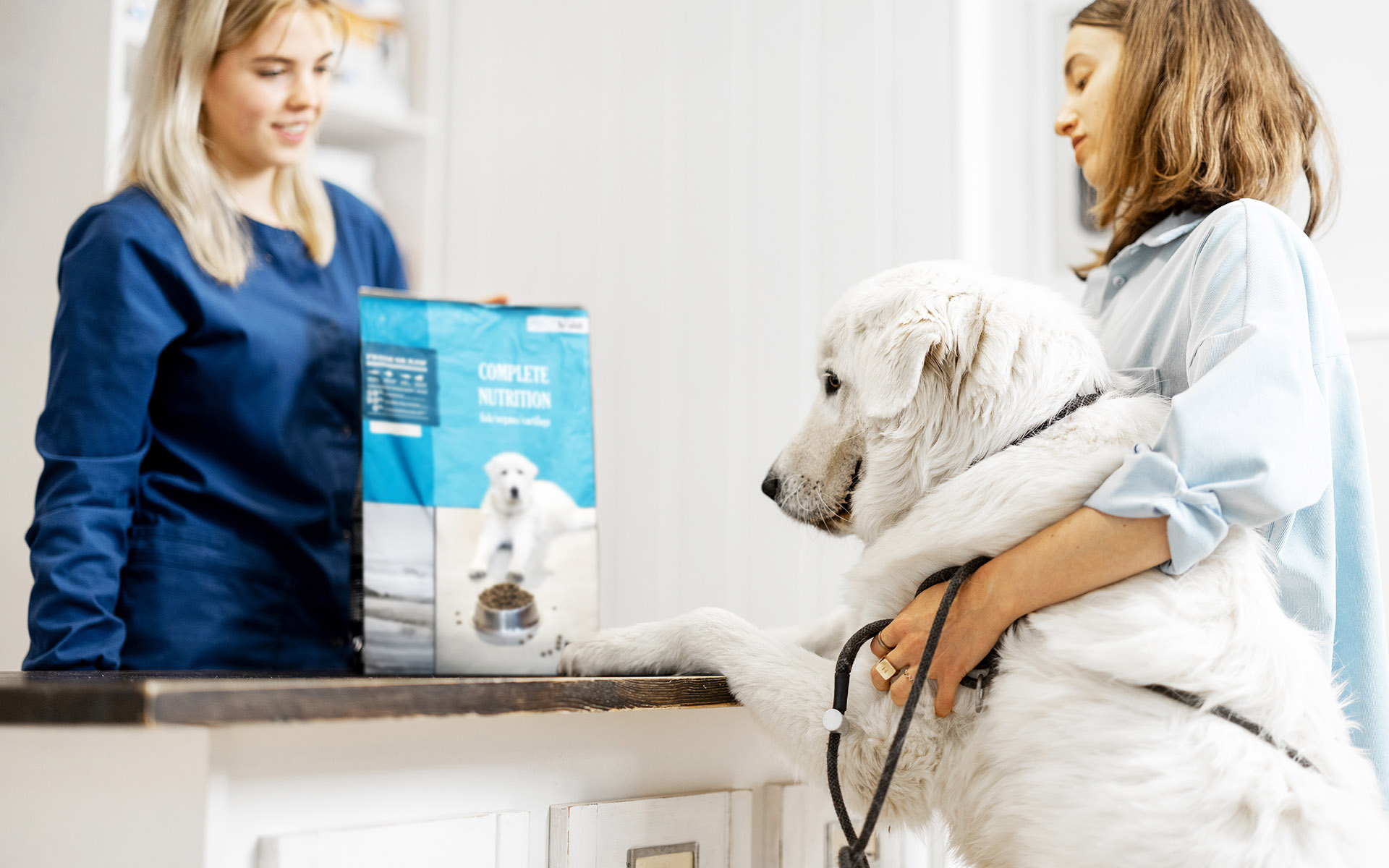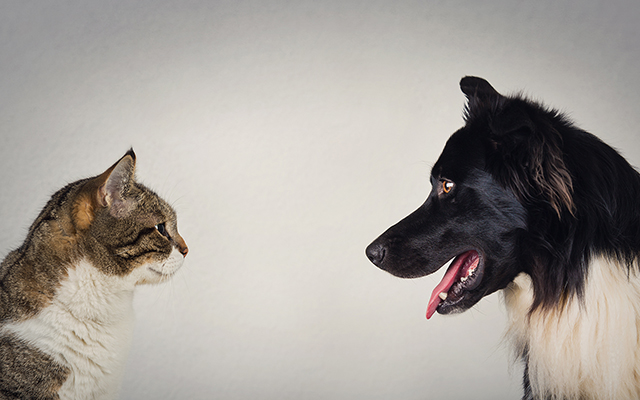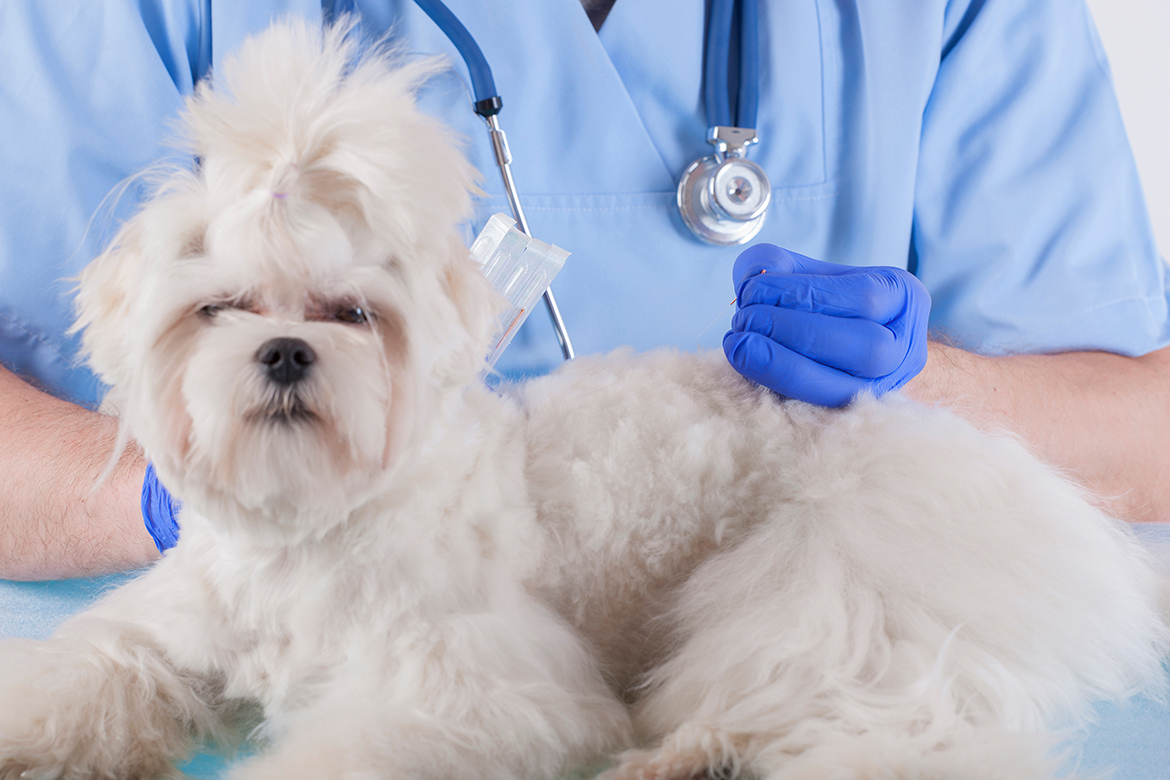Acne doesn’t affect only teenagers, cats can develop it too! Feline acne usually appears as unsightly bumps or scabs around the animal’s chin. While usually benign, feline acne can sometimes become painful or itchy, increasing the risk of infection. Here are the answers to some of the most common questions regarding this skin condition.
1. What causes feline acne?
Unlike human acne, cats don’t usually develop zits and blackheads because of oily skin. Rather, this condition can appear as an allergic reaction to fleas or environmental triggers such as pollen or fungal spores. Many cats are also sensitive to plastic, and simply switching to a ceramic or metal food bowl could solve the issue. Finally, long-haired breeds such as Persians and Himalayans tend to be more susceptible to acne.
2. Can feline acne spread?
Feline acne is most common around the chin and lips, but it may develop anywhere on the body. In its early stage, it appears as small bumps (similar to human blackheads), but if left untreated, it may develop into areas of redness, lesions or scabs and cause localized hair loss.
3. Is feline acne dangerous?
Feline acne is typically cosmetic and shouldn’t affect an animal’s well-being. However, if your cat licks the affected area while grooming, a bacterial infection could develop and become painful. In rare cases, feline acne could also be a symptom of a more serious underlying medical condition such as mange or a tumour. If your cat appears to be frequently rubbing or scratching their chin, contact your veterinary clinic for advice.
4. Can I treat feline acne at home?
For most mild cases, yes. Start by simply applying a warm, wet compress to the affected area at least once per day, and clean your pet’s mouth after they eat. If they’ are currently eating or drinking from a plastic bowl, switch to stainless steel or ceramic. If you don’t notice any improvement after a week, contact your veterinary clinic to discuss more advanced treatment options.
Never pop zits on your cat, this may lead to them attempting to scratch or bite you in response to the pain. Don’t apply alcohol or peroxide, which can irritate the skin and make things worse. Finally, never use an acne treatment meant for humans on your cat either.
5. What about serious feline acne?
If the area appears infected, your veterinarian can assess the situation and provide guidance. If the condition still appears mild, they may prescribe a medicated shampoo or a specific brand of face wipes to try next. For more serious cases, they may clip some hair around the chin and apply a surgical scrub, followed by an antibacterial topical medication to be used at home. More severe cases may require oral or injectable antibiotics.

